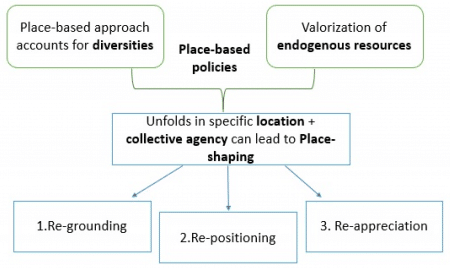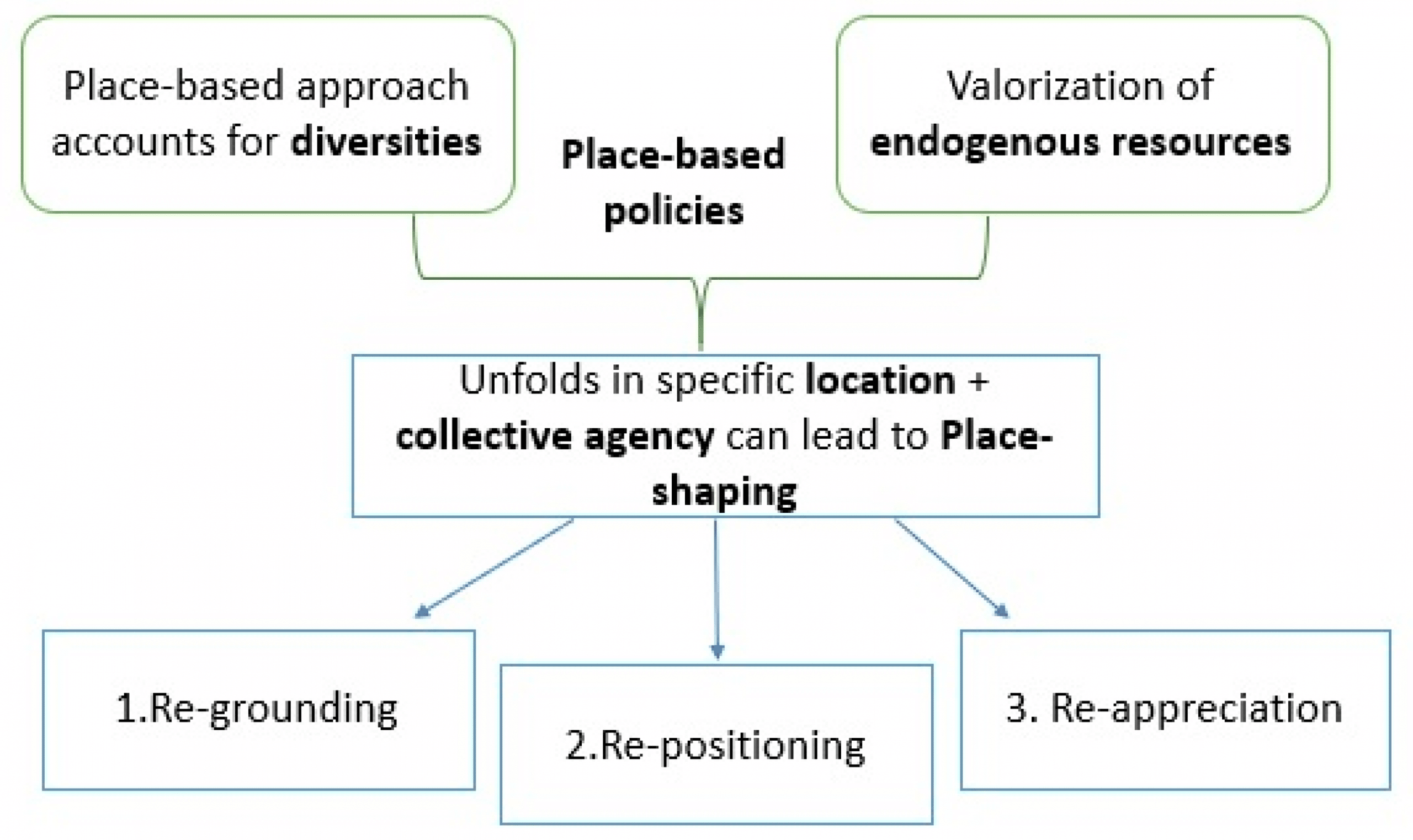
Alessandro Vasta is an external PhD-candidate at the Rural Sociology Group of Wageningen University. From April 1, 2016, until March 31, 2019, he was appointed as Early Stage Researcher at the University of Aveiro at the research project Regrounding of Practices of the MSCA ITN programme SUSPLACE.
Abstract
In recent decades, European rural development policies have transitioned toward a more place-based approach. This claim rests on the assumption that the diversity of resources within rural areas can be a potential source for place-shaping practices and sustainability. Moreover, this shift away from a top-down sectorial toward a more territorial focus has also shed light on the importance of agency, relations, and how people engage. Many rural areas in Europe, and particularly in Portugal, have seen a withdrawal of focus away from agriculture toward more diversified activities, where place-based approaches can untap local potential, stimulate sustainable place-shaping practices, and create significant well-being. However, some rural communities have difficulties in capitalizing on them due to unfavorable demographics such as depopulation and aging, a focus on traditional industries, and a lack of technical knowledge. The aim of the article is to discuss the role of place-based policies for enabling place-shaping practices revolving around traditional resources in rural areas and their contribution to sustainability. The study briefly highlights the recent debate around European rural development policies and illustrates their implementation through place-shaping practices via a case study in a Portuguese rural village—Várzea de Calde. The village revalorized itself and is trying to tackle marginalization processes through its traditional linen, which is a local material and immaterial resource, via collective agency and a strong sense of identity. The case study will provide empirical insights in discussing the effects of sustainable place-shaping practices stimulating by place-based policy instruments. Our conclusions highlight the positive contributions toward sustainability through improvements in social (e.g., identity) and economic well-being.

